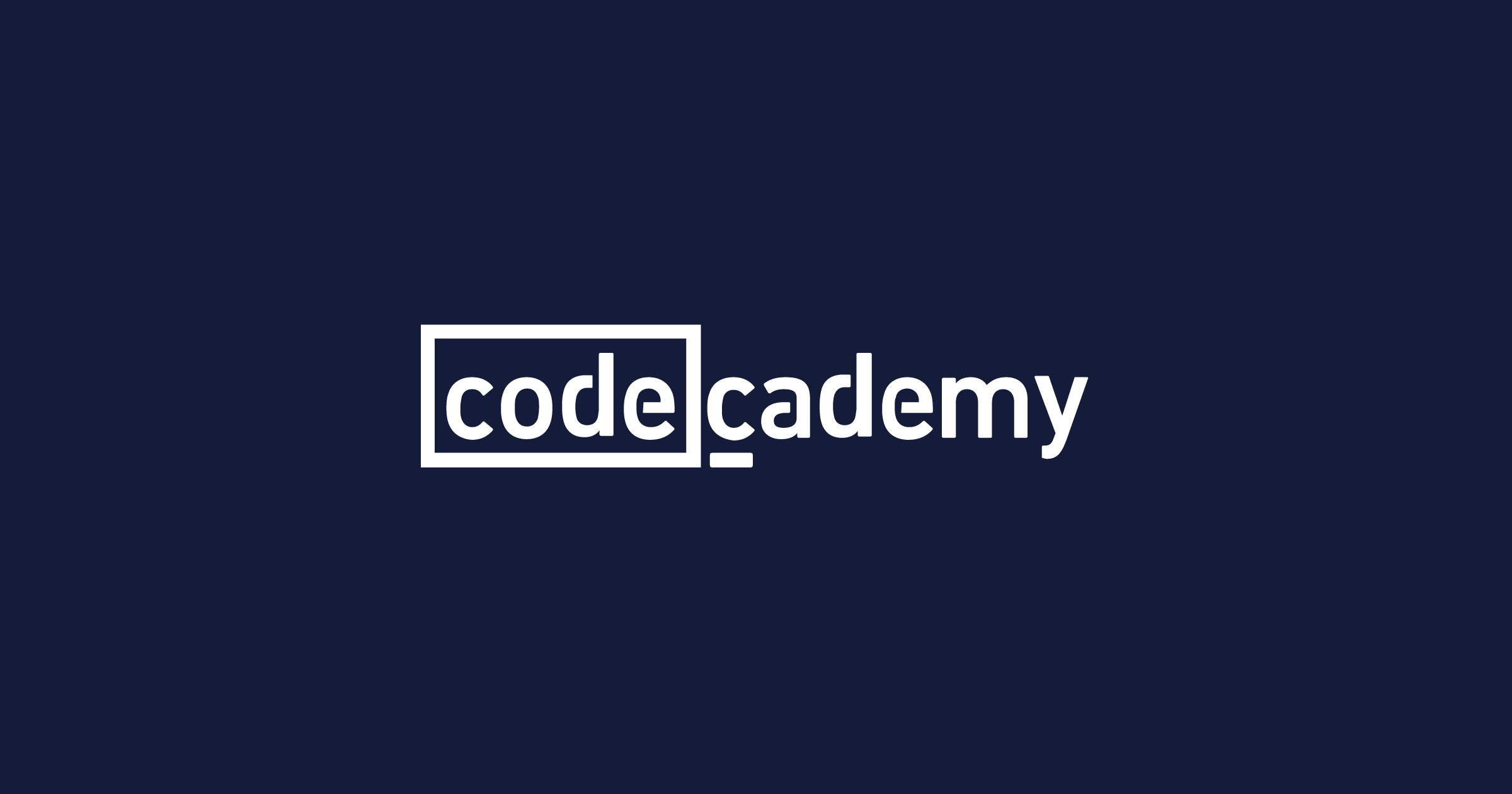I need some career advice and maybe you can add to some talks that I already had with my supervisor and some bioinformaticians.
My 1st postdoc will end in June and and I'm working in regulation of gene expression using a combination of custom arrays, RNA-seq and ChIP-seq and although my background is as a wet lab biologist, working in the computer (scripting, data analysis) has been a lot of fun. So am thinking about developing my bioinformatics skills to become more of a bioinformatician.(Note: Since the 1st part of the project went to waste, It is unlikely that the project will yield a publication by the time I leave the lab)
At the moment I do most analysis in R and shell scripting. My plan is to use the rest of my time and funding (I've some funds for career development) to learn more about Next-gen sequencing analysis while working in my project but also take some courses on the subject (I've already done one at the EBI) and learn another scripting language (I've started with python on my "free" time).
The questions:
1. Assuming I learn python (or perl in the next months) would that be enough to apply for pure bionformatics jobs (analysis of biological data)? I know it is unlikely but I still would like to hear your opinions.
2. In which courses, scripting languages should I focus? The biological questions I am interested in a cross-regulation of transcription and pre-mRNA splicing, namely in the context of tissue differentiation or response to stimuli, and RNA splicing-driven evolution. I'll probably attend a statistics course early next year and had biostatistics at Uni. I've learned TurboPascal but that was years ago.
3. Related to the above, could you recommend some courses?
4. I've suggested to take a break and do a proper bioinformatics masters. Would that help? I can see that focusing only on learning a new set of skills does has its advantages, but I prefer in-job training. Are you aware of Post-doctoral programmes for Biologists moving into the dark arts?
One sensible thing that someone told me was that I would find it very hard to compete with hardcore computational biologists, but I had advantage in that I could carry a project from start to finish, that is, make predictions, test at the bench (or design the experiments to) and then go back and some some analysis. My supervisor also mentioned that one asset that I have is being "bilingual" in meeting with bioinformaticians Are those valued assets in academia/Industry?
Are those valued assets in academia/Industry?
Thanks in advance for your input.
My 1st postdoc will end in June and and I'm working in regulation of gene expression using a combination of custom arrays, RNA-seq and ChIP-seq and although my background is as a wet lab biologist, working in the computer (scripting, data analysis) has been a lot of fun. So am thinking about developing my bioinformatics skills to become more of a bioinformatician.(Note: Since the 1st part of the project went to waste, It is unlikely that the project will yield a publication by the time I leave the lab)
At the moment I do most analysis in R and shell scripting. My plan is to use the rest of my time and funding (I've some funds for career development) to learn more about Next-gen sequencing analysis while working in my project but also take some courses on the subject (I've already done one at the EBI) and learn another scripting language (I've started with python on my "free" time).
The questions:
1. Assuming I learn python (or perl in the next months) would that be enough to apply for pure bionformatics jobs (analysis of biological data)? I know it is unlikely but I still would like to hear your opinions.
2. In which courses, scripting languages should I focus? The biological questions I am interested in a cross-regulation of transcription and pre-mRNA splicing, namely in the context of tissue differentiation or response to stimuli, and RNA splicing-driven evolution. I'll probably attend a statistics course early next year and had biostatistics at Uni. I've learned TurboPascal but that was years ago.
3. Related to the above, could you recommend some courses?
4. I've suggested to take a break and do a proper bioinformatics masters. Would that help? I can see that focusing only on learning a new set of skills does has its advantages, but I prefer in-job training. Are you aware of Post-doctoral programmes for Biologists moving into the dark arts?
One sensible thing that someone told me was that I would find it very hard to compete with hardcore computational biologists, but I had advantage in that I could carry a project from start to finish, that is, make predictions, test at the bench (or design the experiments to) and then go back and some some analysis. My supervisor also mentioned that one asset that I have is being "bilingual" in meeting with bioinformaticians
 Are those valued assets in academia/Industry?
Are those valued assets in academia/Industry?Thanks in advance for your input.



Comment